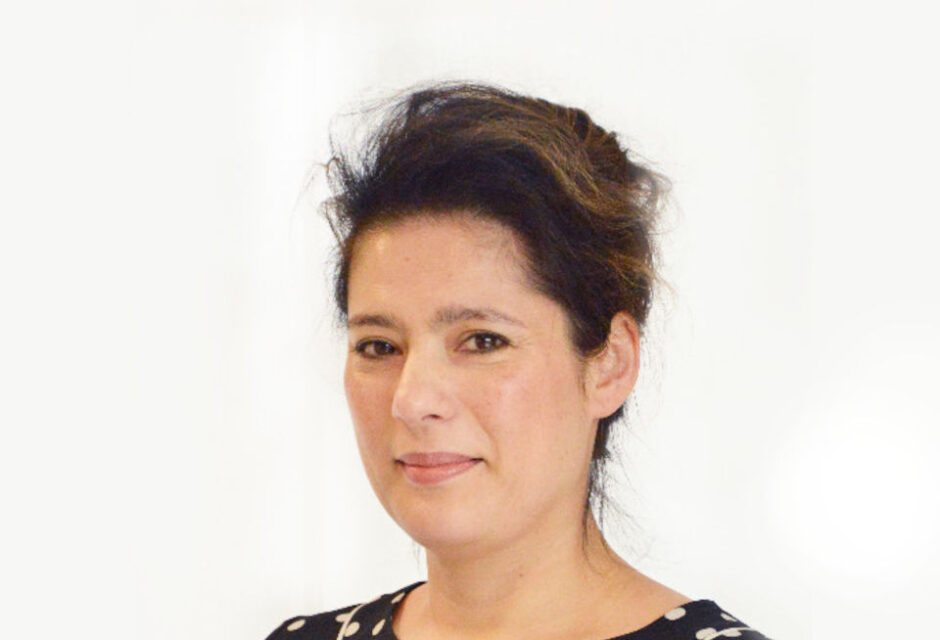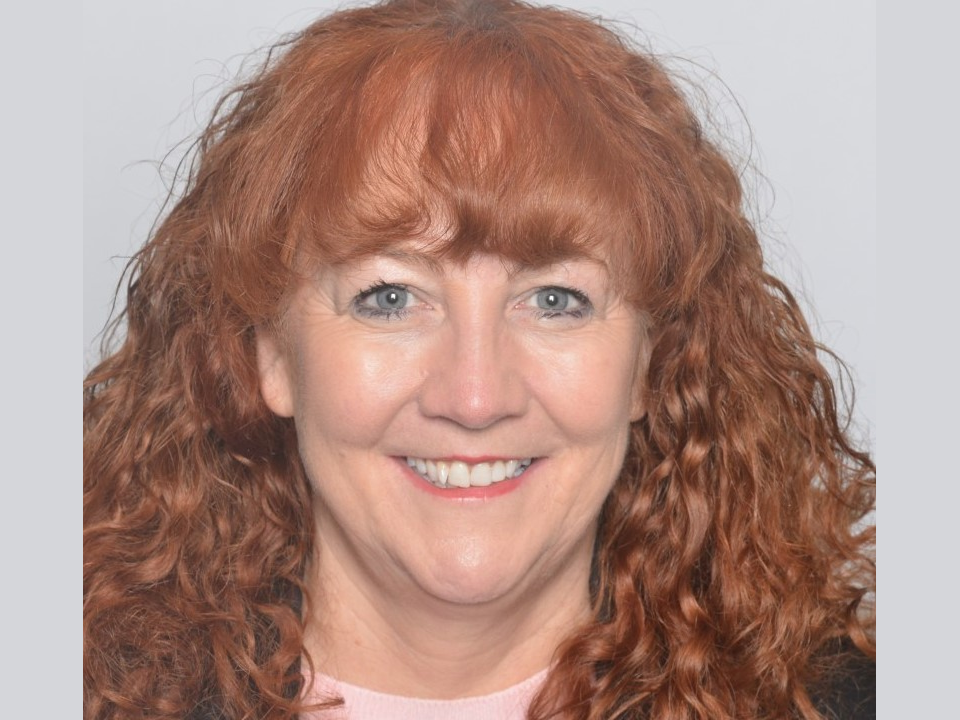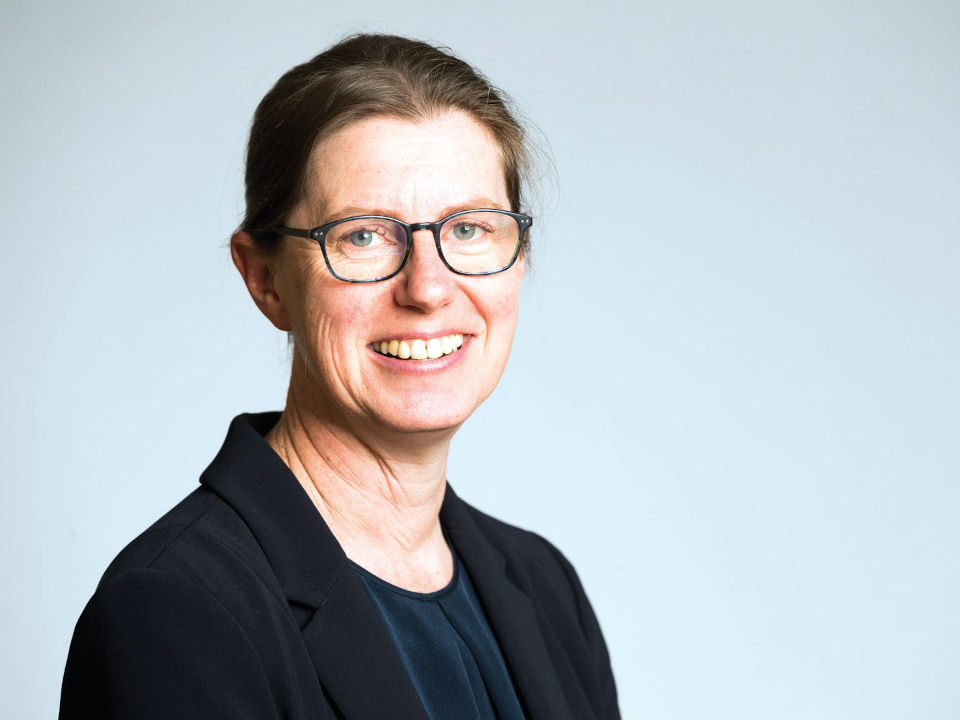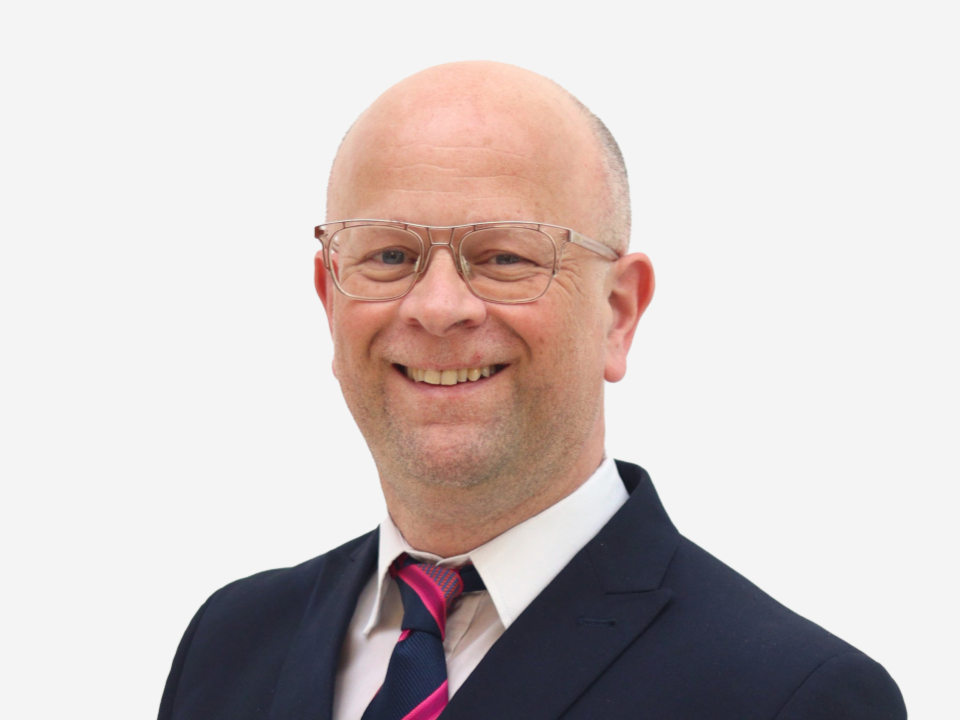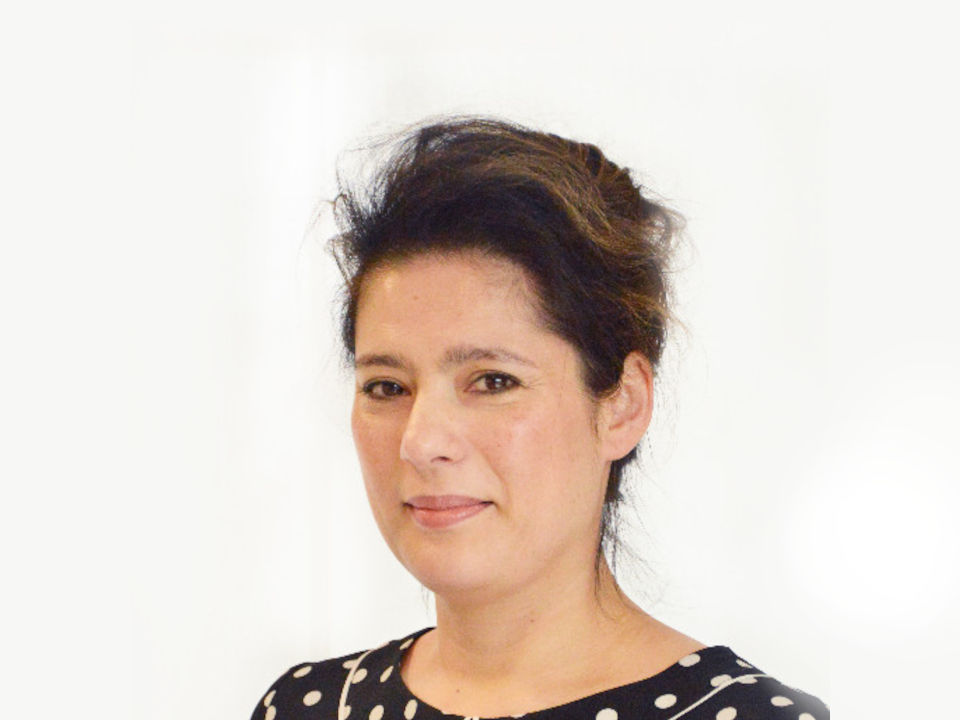
Suanne Lim
ADCS Elected Director
Director of Early Help and Children's Social Care
Derby City Council
Hello ADCS Colleagues
I recently had the privilege of being part of a panel of speakers at the Youth Justice Leaders Conference in Birmingham, taking questions on critical topics such as recruitment, workforce development, and improving diversity within the leadership and delivery of youth justice. The conference provided a valuable platform for sharing insights, exchanging ideas, and collectively exploring solutions to address these pressing challenges. I wanted to share some of my reflections from what was a really thought-provoking day.
Attendees expressed a keen interest in strategies for attracting and retaining talent within the youth justice workforce. Questions ranged from the efficacy of traditional recruitment methods to the importance of how we actively target diverse talent pools. In response, panellists emphasised the need for innovative approaches to recruitment, such as leveraging social media platforms, partnering with educational institutions and engaging with community organisations to reach a diverse pool of candidates.
Workforce development was another area of intense interest, with attendees seeking guidance not only on how to enhance the skills and competencies of youth justice professionals, but also on creating an effective strategy for succession planning. Questions focused on the role of training and professional development in equipping practitioners with the tools and resources needed to support young people effectively. Panellists underscored the importance of investing in ongoing training opportunities, growing our own and tailoring programmes to create a more inclusive environment for next generation global majority professionals who don’t always view local government as an attractive career option. We really need to ask ourselves those challenging questions about why that is, what needs to change and how well as leaders we are doing to ensure our staffing reflects the local demography.
Improving diversity and inclusion within the youth justice workforce is reflective of a wider conversation generally in children’s services. Participants were eager to explore strategies for promoting diversity at all levels of the workforce and creating inclusive work environments where all individuals feel valued and respected. We debated the critical importance of proactive leadership and a commitment to driving meaningful change.
One of the recurring themes that emerged during the panel discussions was the interconnectedness of recruitment, workforce development, and inclusion. Attendees recognised that these three areas are mutually reinforcing and essential components to strengthening representation. Questions touched on how organisations can integrate recruitment strategies with diversity initiatives and align workforce development efforts with broader organisational goals.
As a panel member, I was enthused by the level of engagement by conference attendees. The questions posed were thoughtful, insightful, and reflective of a genuine desire to affect positive change within the youth justice system. It was evident that attendees were eager to learn from each other, share best practices, and collaborate on innovative solutions to common challenges.
In conclusion, the conversation with youth justice leaders posed similar challenges we are having across all children’s services in respect to recruitment, workforce development and improving diversity. As a panel member, I felt privileged to contribute to these discussions and engage with attendees on such important topics. However, moving forward, we all need to recognise and continue our efforts to build more diverse, inclusive, and effective systems that support the entry and retention of diverse professionals in order to meet the diverse needs of our children and young people.


